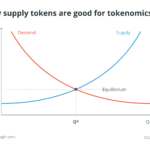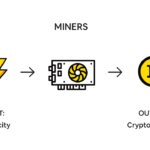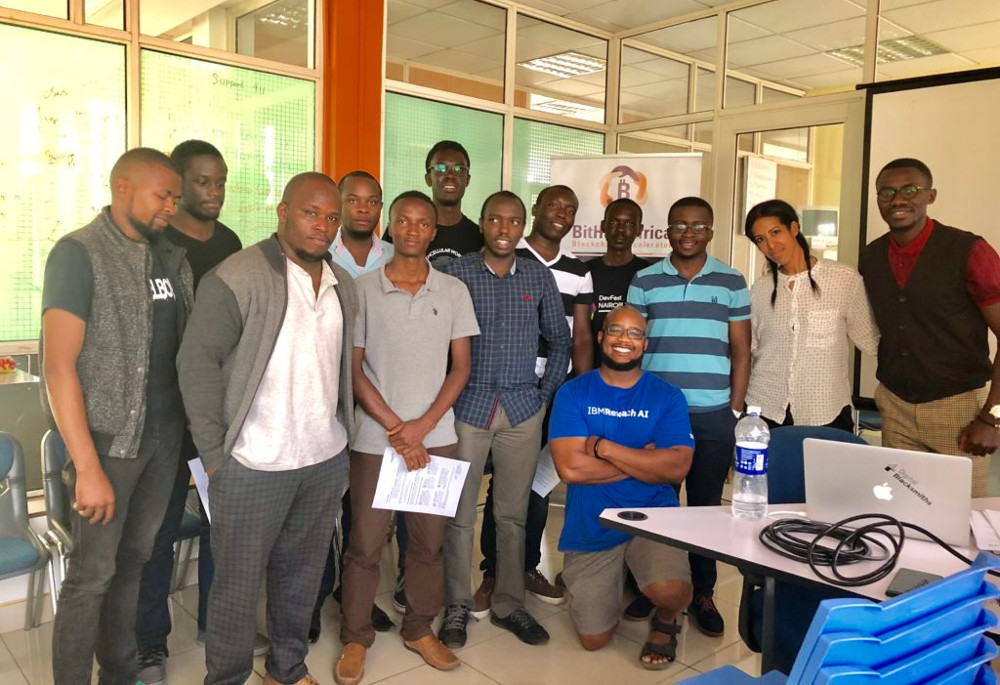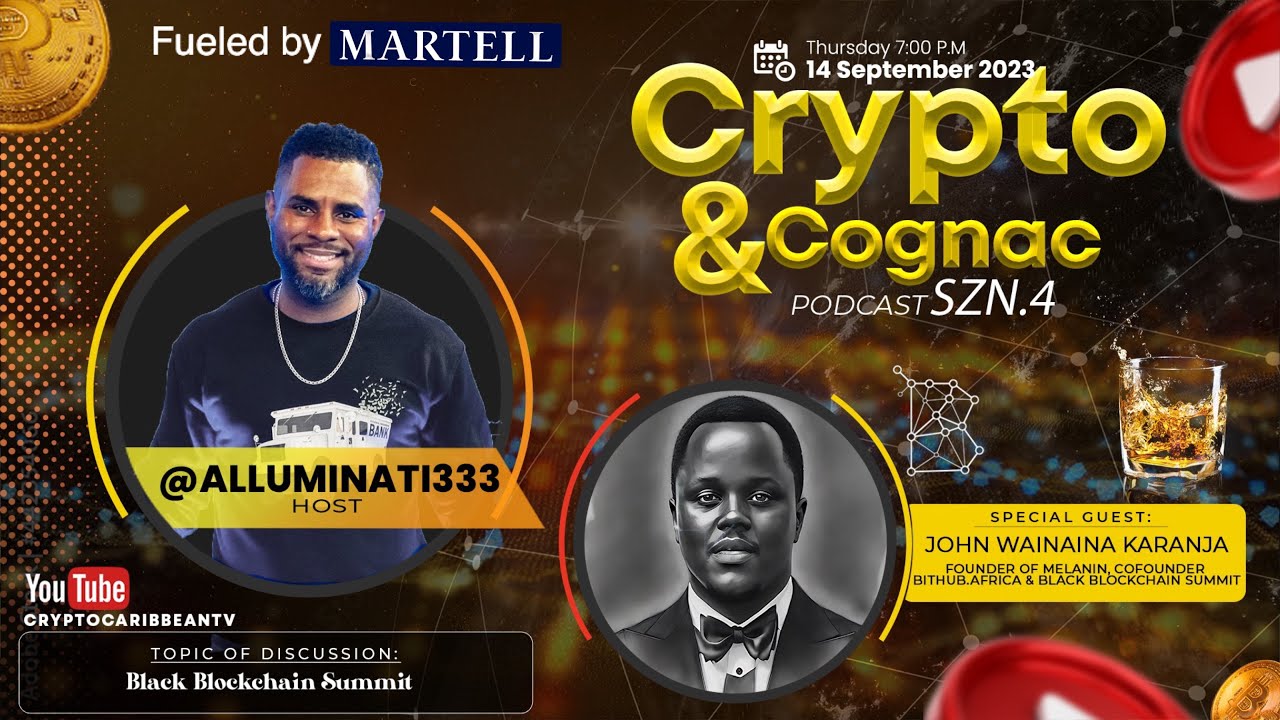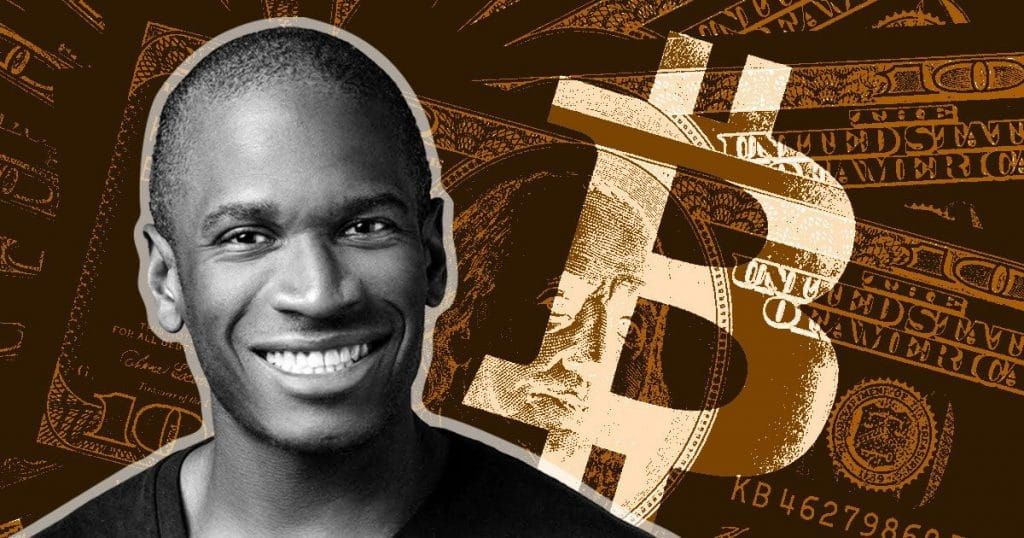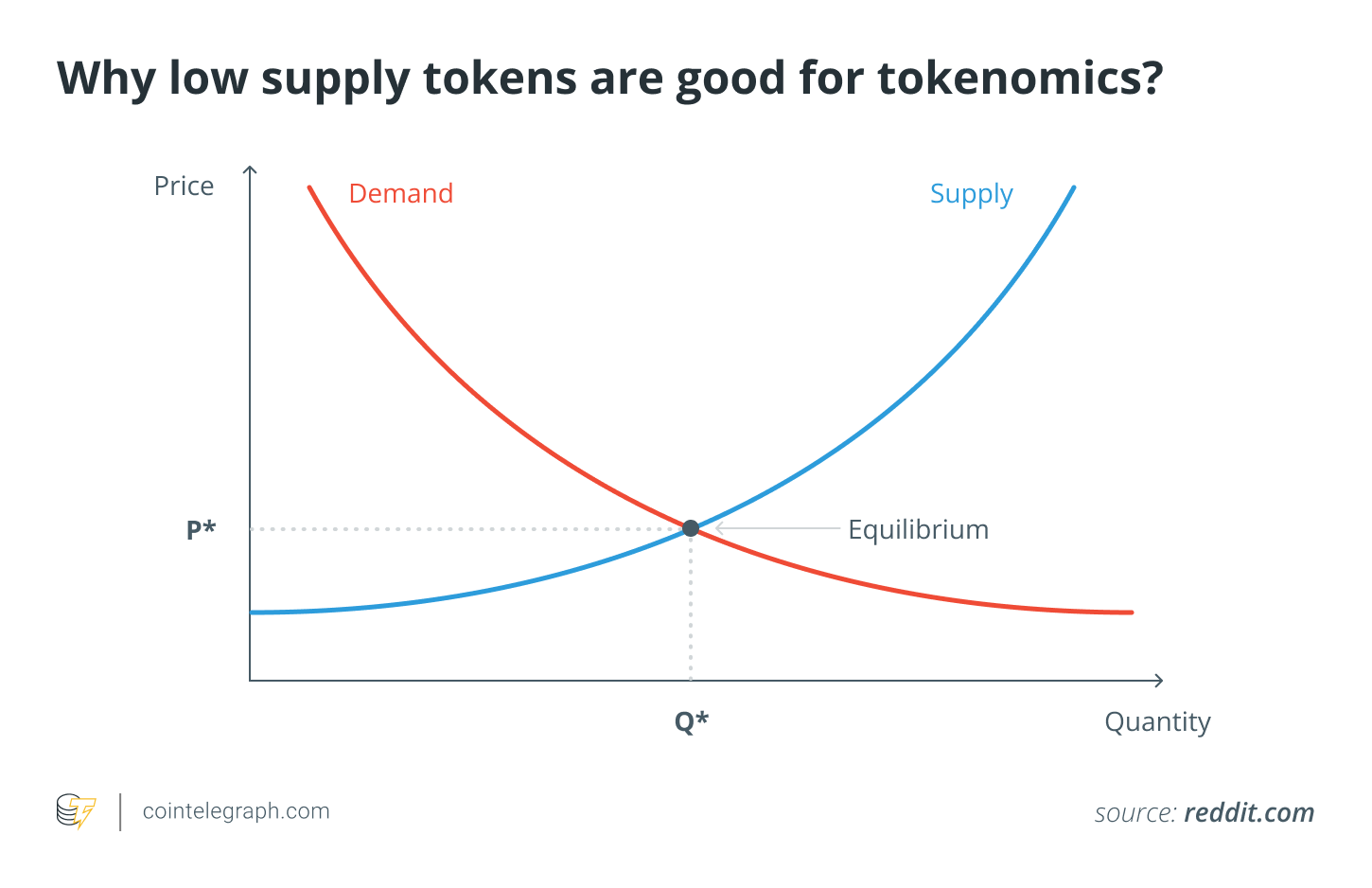The UNICEF Innovation Fund has determined that it is looking to make $50-90K equity-free investments to provide early stage (seed) finance to for-profit technology startups that have the potential to benefit humanity.
BitHub Africa hosted the UNICEF InnovationFund Meetup on Saturday, 27 January 2018 at its space in Hurlingham. Ms. Ariam, the UNICEF Learning Lead gave an interesting presentation on the blockchain call. She clarified on some issues that arose during the presentation,a key one being on the testing of products- the criteria upon which that will be assessed. However, she reiterated that a more technical rendition would take place in the webinar on February 8th at 9:00AM EST
The Innovation Fund allows UNICEF to briskly assess, fund and scale open-source solutions developed by companies in new and emerging markets. The core inspiration of the Innovation Fund is to seek out and identify “clusters” or portfolios of initiatives around emerging technology – so that UNICEF can both influence and shape markets and also learn about and guide these technologies to benefit children.
The Innovation Fund lends its support to a generation of open source solutions that cater to the most tasking challenges facing children. They find these solutions clustered around $100 billion industries in frontier technology spaces, such as: blockchain, UAVs, virtual and augmented reality, 3D printing, machine learning, quantum computing, genetic engineering, Internet of Things, artificial intelligence, nano-satellites and human dynamics.
If you’ve got a start-up registered in one of UNICEF’s programme countries and have a working, open source prototype (or you are willing to make it open-source) showing promising results, the UNICEF Innovation Fund is looking for you.
Who they are looking for?
UNICEF is currently looking to invest in a group of companies developing software solutions on open blockchains. Examples of these include, but are not limited to:
- Smart Contracts
○ Using smart contracts to replicate and improve on existing organizational mechanisms
○ Efficiencies, transparencies, and accountabilities in contractual engagements (i.e. multi-sig contracts that guarantee certain actors were involved)
○ Transparency in distribution of resources (can we better show where our money is going?)
○ Interactions across groups (what would a SWIFT code for development look like, if described in Solidity?)
○ Increasing access and use of tokenized systems by creating more user friendly and more secure interfaces
- Analyzing data
– Using machine learning to understand the activities on public blockchains.
– Can we develop unicity from transactions on public blockchains?
– Could we use crypto-flows to help organizations and governments do and understand their transactions more efficiently? Can we use blockchain data to solve humanitarian challenges? (i.e. using Bitcoin data to fight human trafficking)
- Tokens
○ Can crypto tokens work to incentivize or support behavior that benefits humanity?
○ How could we connect various tokens to each other to maximize human potential?
○ How could we utilize digital scarcity, non-fungible tokens, or digital collectibles for social good?
- Mining
○ Can we use passive distributed mining networks to create investment funding opportunities for the UNICEF Venture Fund?
The funding is not necessarily limited to the above. They are interested in companies that use distributed ledger tech in new, groundbreaking, ways that are scalable, and globally applicable. If you are aligned with our general criteria, we want to hear from you.
How to apply?
Check the general eligibility criteria:
- You must be registered as a private company in a UNICEF programme country;
- You are working on open source technology solutions or willing to be open-source under the following licenses or their equivalent: BSD (software), CERN (hardware), or CC-BY (content);
- You have an existing prototype of the solution with promising results from initial pilots;
- Your solution has the potential to positively impact the lives of children.
If your company and project meet the eligibility criteria and is aligned with the tech use cases they have outlined above, visit their site to read more about the application process and submit an application.
➔ Go to www.unicefinnovationfund.org
➔ Click on ‘Submit’ and then ‘Submissions by Start-ups’.
What happens after your submission?
The submissions deadline is on February 28th, 2018 (11:59PM EST). They encourage you to submit your application when ready as they will be reviewing on an ongoing basis.
Only shortlisted companies will be contacted and then requested to submit a more in-depth proposal.





